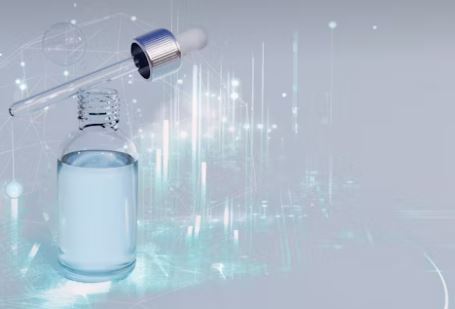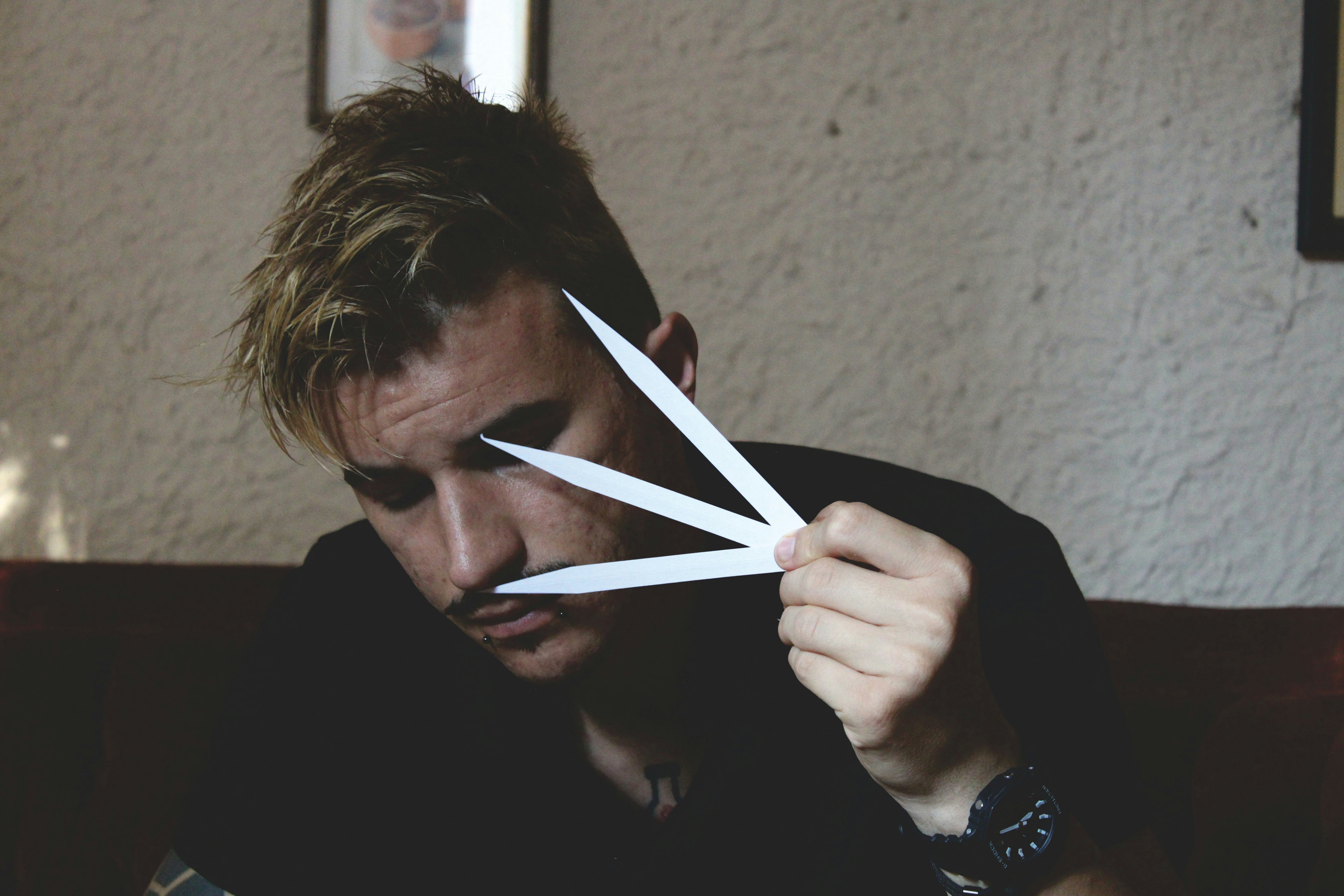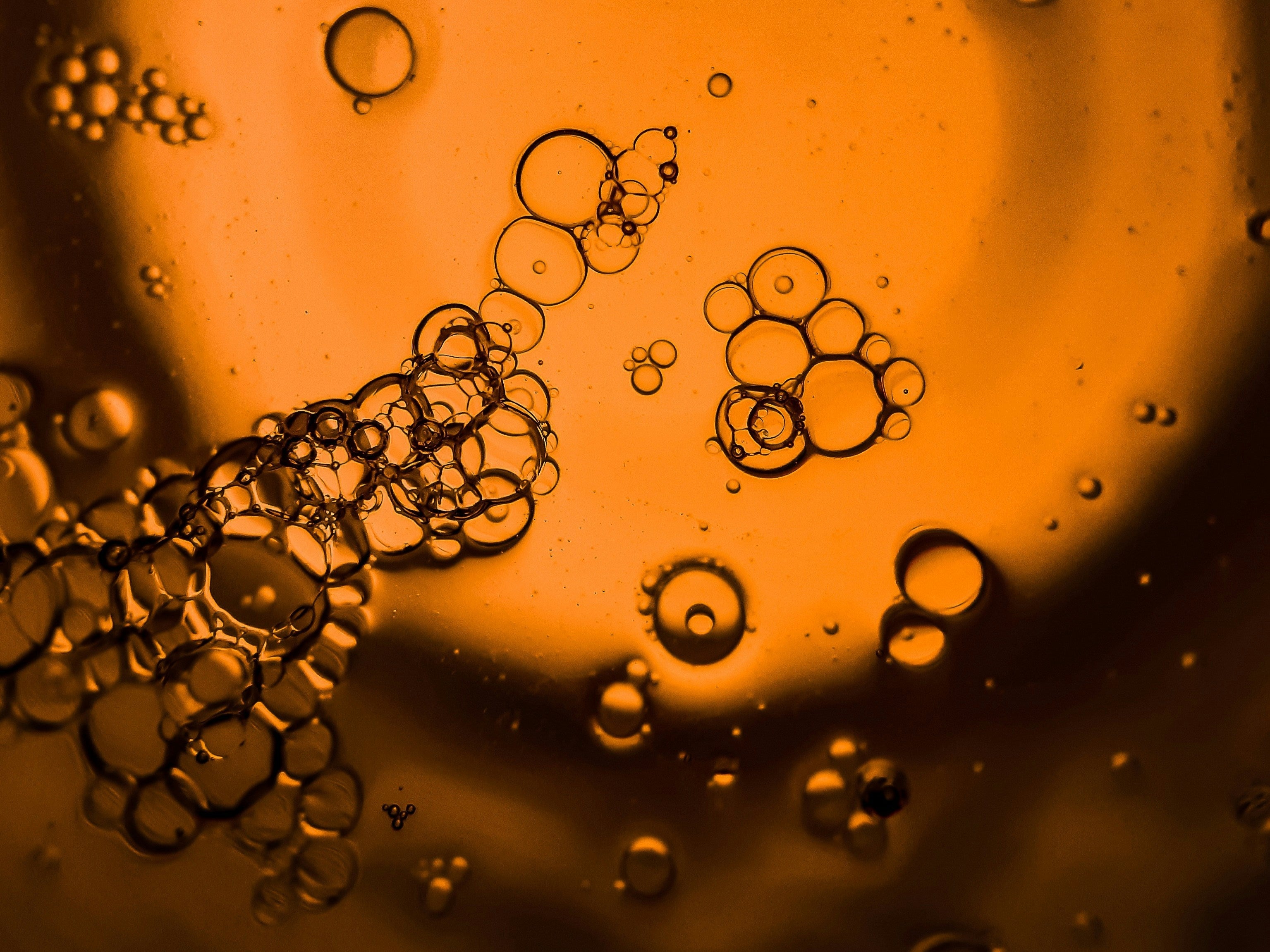Is the Fragrance Industry Still Innovating?

For anyone who develops fragrance, there’s one phrase that makes your heart sink: “This smells like…”
It’s not that perfumers or creative directors intentionally imitate; it’s that the palette we all draw from is, in many ways, the same. Certain notes sell, certain accords evoke emotion. Consumers, often without realizing it, are trained to seek familiarity with scent.
But familiarity isn’t innovation.
So, is the fragrance industry still innovating, or are we just rearranging the same olfactory alphabet in different orders?
The Comfort Zone of Commercial Success
The reality is that perfume creation exists at the intersection of art and commerce. Brands need to sell, and consumers often gravitate toward what feels recognizable. Notes like vanilla, musk, amber, and jasmine dominate shelves not because perfumers lack imagination, but because these ingredients are proven to perform.
However, this reliance on “safe” notes has created what many in the industry call the homogenization of modern perfumery. Walk through a department store, and you’ll notice patterns of gourmands that lean sugary, florals that dry down to musks, and aquatics that blur together. The olfactory landscape has become, in some corners, predictable.
Where Innovation Is Happening
Innovation isn’t always about inventing a new molecule, though companies like Givaudan, Firmenich, and IFF continue to push boundaries with sustainable synthetics and novel aroma chemicals. The new frontier of innovation is intentional storytelling, sustainable sourcing, and technological artistry.
Here’s how forward-thinking brands and creators are redefining what “new” means in fragrance:
-
Molecular Minimalism: Fragrances that focus on a few pure, transparent notes designed to adapt to the wearer’s skin chemistry. These scents move away from heavy blends and focus on clarity and connection.
-
Biotech and Green Chemistry: Ingredients like lab-grown musks and biotechnological rose extracts are allowing perfumers to recreate luxury naturals without environmental strain. This scientific innovation is opening doors to creativity without guilt.
-
Cross-Disciplinary Inspiration: Some of the most interesting innovations are happening when perfumers collaborate outside of perfumery with architects, sound designers, and artists to translate experiences into scent. These partnerships expand the vocabulary of what perfume can be.
-
Emotional Engineering: Fragrance houses are now pairing neuroscience with olfaction, creating perfumes meant to evoke specific moods, calm, confidence, and clarity. The future of fragrance might not just be about how it smells, but how it makes you feel.
The New Definition of Innovation
Innovation in fragrance doesn’t always look like radical invention. Sometimes, it’s subtle, creating newness through emotion, transparency, and intention.
At MAIR, we often say fragrance should complement, not overpower. That philosophy itself is an innovation, a rebellion against the idea that louder is better. When a scent can whisper and still be remembered, that’s progress.
The truth is, perfumery will always work from a shared lexicon of ingredients. What matters now is how we compose the story. Innovation lies in thoughtfulness in crafting something that makes people feel something real, even in a sea of familiarity.
Key Takeaway:
Fragrance innovation isn’t dying, it’s evolving. It’s less about discovering new notes and more about discovering new meanings.



